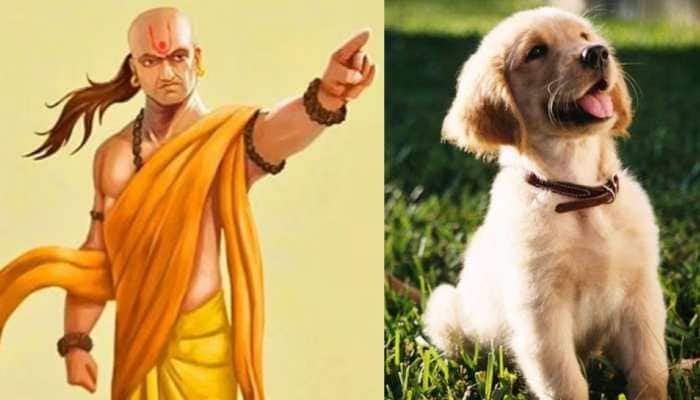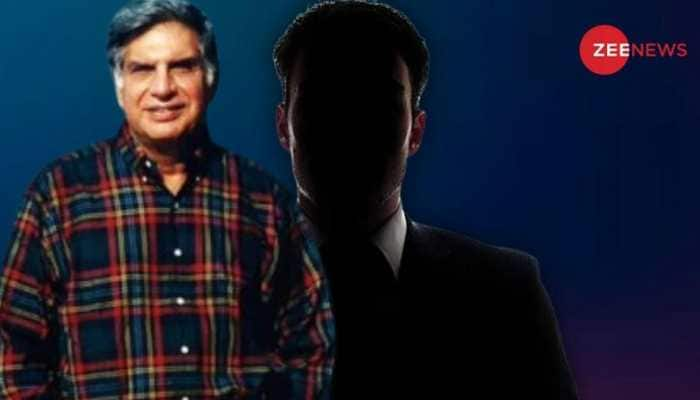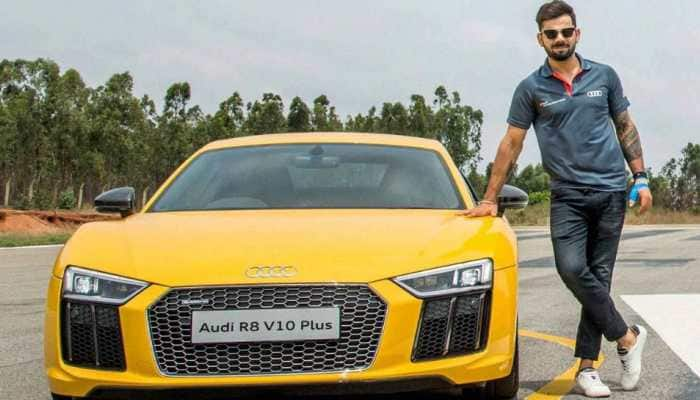Hooliganism the real challenge for Euro 2012
At a recent match in the Ukrainian city of Kharkiv, a group of hooligans viciously attacked five Asians.
Trending Photos
)
At a recent match in the Ukrainian city of Kharkiv, one of the host venues for Euro 2012, a group of hooligans viciously attacked five Asian students, with a flurry of punches and kicks in a patently racially motivated assault.
It was just one of a number of disturbing scenes on BBC’s `Panorama show` this week that brought to the fore the problems surrounding hooliganism and racism in Poland and Ukraine ahead of the start of the tournament on June 8.
It was the kind of image that prompted former England defender Sol Campbell to warn ethnic minorities to "stay home and watch it on TV" or they "could end up coming back in a coffin".
But it was not an isolated incident. The startling pictures brought to peoples` homes the widespread anti-semitic chanting, Nazi saluting and monkey chants inside football grounds in both of the host countries, vindicating the concerns of those who fear xenophobia and racism when they travel to Eastern Europe this month.
Poland and Ukraine are in the spotlight this summer, with so much to lose should Euro 2012 fail to hit the right note. Organisers, police and government have tried their hardest to play down the problem of hooliganism and far right activists.
"The ministry of interior and the Polish security services are ready to ensure the safety of all football fans and players who come to Euro 2012 in Poland," was the response to the Panorama programme of Malgorzata Wozniak, a spokeswoman for the Polish ministry of interior.
"The Polish police force has been preparing the security procedures for many years, taking into account various possible scenarios."
There will be 8,000 local armed police to deal with fans at matches but for far-right groups linked to football clubs, like the violent ‘White Legion’ that follow Legia Warsaw in the Polish capital, it represents an opportunity to send a very public message.
Activists have already launched campaigns against homosexuality, Judaism and race. It is organised and ideological. Just witness the hundreds of ultras in Poland singing "death to the Jewish whore" or the Nazi salutes regularly seen at matches in Ukraine.
"The stuff that’s going on in football stadiums is atrocious, and it’s embarrassing and I think it embarrasses the whole country," says Jonathan Ornstein, of the Jewish Cultural Centre in Krakow.
For Ornstein, though, those racist sentiments are not just a part of football but society in general, in a city just 30 miles from Auschwitz concentration camp. Ornstein adds: "I remember on the main street there was a sign ‘Jews to the gas’. It didn’t upset me so much that people wrote it, the idea that people walked past that every day and let that happen was very disturbing to me."
The reaction in much of Eastern Europe to the concerns about racism has been defensive, a feeling that Ukraine and Poland, neither of which have a colonial past, have been unfairly judged.
But Amnesty International has issued a stark warning to football supporters with briefings on both Poland and Ukraine in the last month, painting a picture of countries struggling to tackle rising racism and a police force that uses excessive measures to counter discontent.
"Fans and families visiting Ukraine for Euro 2012 have good cause to be concerned about their safety – particularly those of a racial minority," says Max Tucker, Amnesty International`s Ukraine campaigner
As if ultra-right football hooligans were not enough to contend with, visitors will need to be on the lookout for a corrupt and brutal police force known to target individuals because of their skin colour.
"Police are rarely held accountable for their actions so it is little surprise that they torture, extort and assault as they please," Tucker added.
"Add high passions and alcohol to the mix and you have a firecracker waiting to go off. Ukraine urgently needs a new system to reign in this out of control force."
On Poland, Kate Allen, Director of Amnesty International UK, adds: "The harsh reality is that racism remains commonplace in Poland and there are numerous reports of xenophobia on the terraces and in the stands of Polish football grounds.
"Then there are concerns about the policing. Polish police have repeatedly been accused of using excessive force. For any fan choosing to travel to the country they should be fully aware that their experience may well be far different from their experience here in the UK."
Similar concerns surrounding the last World Cup in South Africa proved greatly exaggerated and organisers will hope that it will prove similar this year. Certainly, the publicity will put the pressure on the governing bodies to put their foot down and prove people wrong.
"I don’t go along with the idea that Poland and Ukraine should not have had the Euros," says Ged Grebby, chief executive Show Racism the Red Card. "My view is that these countries that have a problem with racism need to combat it but hopefully the Euros will be a way of doing that. What we need over there are proper anti-racism campaigns.
"The most worrying part of the documentary for me was the police. When the Ukrainian police were asked about the far-right groups and their Nazi salutes, they said they were just pointing and they weren’t fascist salutes which clearly was not the case.
"We don’t to be labelling countries as far-right or racist when it is a minority of people doing it. I am hopeful that the sort of things we saw in that documentary we won’t see in the Euros. I am confident that the grounds will be safe and I am hoping that the towns and cities will be as well. That is where you are more likely to have a problem."
Manchester City star Mario Balotelli has warned that he will walk off the pitch if he is the victim of racist treatment while the families of some black players - such as England’s Theo Walcott and Alex Oxlade-Chamberlain - have cancelled their plans to attend the European Championship.
Uefa hope that the violence and antipathy is based around groups of ultras divided by club loyalties. The international stage and the influx of thousands of foreign football supporters should see their influence diluted, while the high ticket prices will prove a deterrent.
The fear, though, is not so much about what happens in the heavily policed stadia. If there are problems, it will be outside the grounds, in the streets of the host cities. Many ultras, especially in Ukraine, are believed to have called a truce for the summer so they can join forces in fighting visitors this summer.
In Uefa’s eagerness to explore new frontiers, the governing body of football in Europe has been left in a difficult situation. For some, they should not be hosting their flagship championships in countries where the neo-Nazi minority is so significant and so vocal, where there is any need for ethnic should be advised to take extra caution because of the colour of their skin. It would be a huge embarrassment were any high-profile incidents to occur.
"Undoubtedly these countries do not have the same mix in terms of cultures and people in terms of colour and things like that which we have here," says Grebby. "They have different religions so it is not a monolithic block, but from my our understanding black people are in a very small minority.
"Hopefully they will see the make-up that all the teams have that go over there and we will have a really positive tournament. South Africa was fantastic for promoting its image and hopefully it can be for Ukraine and Poland as well."
Football has often been at the forefront of tackling xenophobia and racism, as well as the socio-economic issues that lead to violence and criminal activity from hooligans and gangs.
The next month presents a risk and a challenge, but it offers Poland and Ukraine the perfect opportunity to break up the gangs through enforcing the law and to change perceptions through education as thousands of visitors, of all different creeds and colours, arrive for Euro 2012.
The authorities expect a friendly, peaceful tournament that shows the good of the people in the two countries. For visitors, however, those stark images of Asian students being attacked in Kharkiv’s Metalist stadium will not go away.
Greg Stobart and James Goldman/Goal.com
Stay informed on all the latest news, real-time breaking news updates, and follow all the important headlines in india news and world News on Zee News.
Advertisement
Live Tv
Advertisement







)
)
)
)
)
)
)
)
)
)
